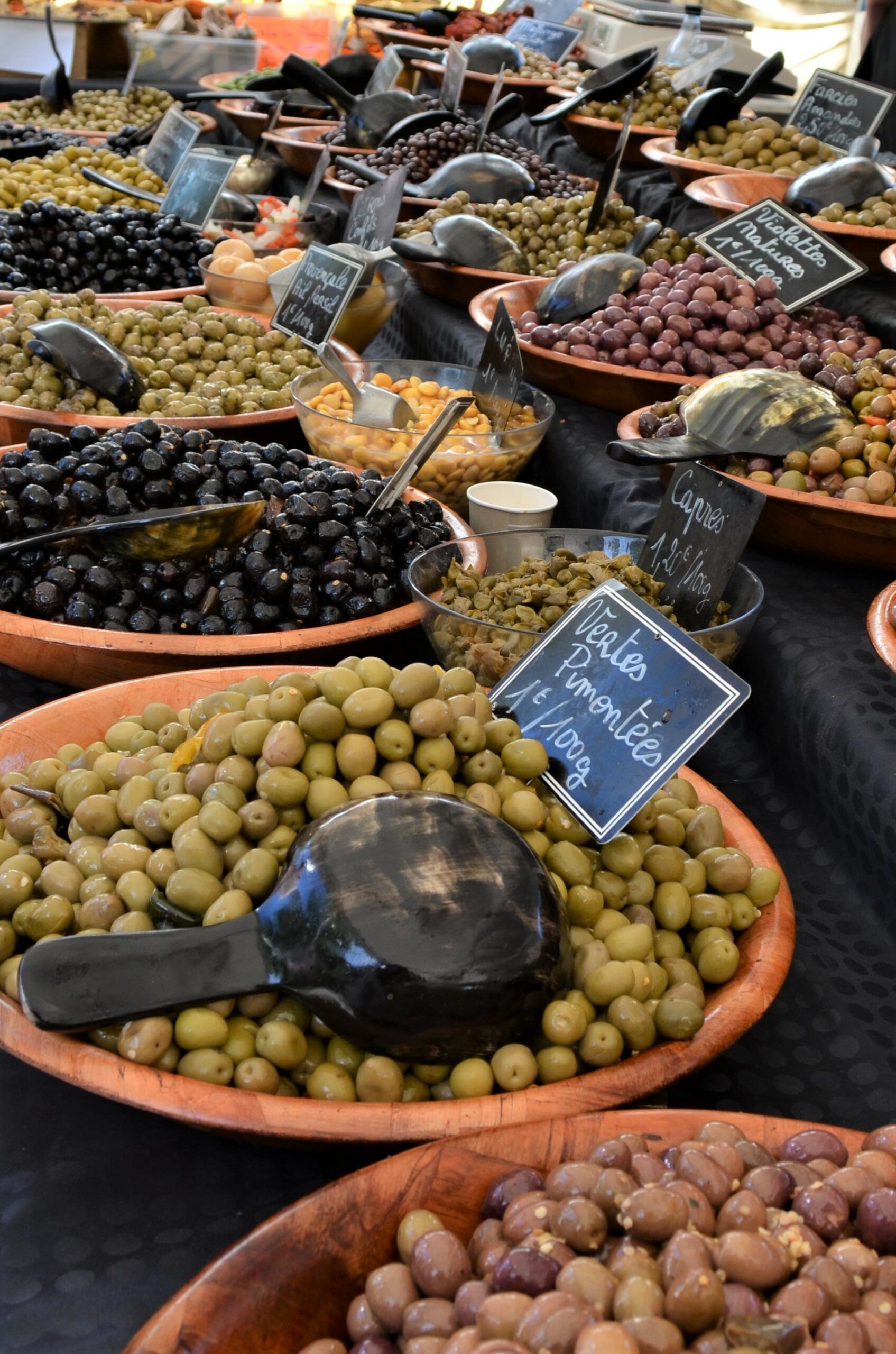
5th Avenue & Victoria Street, Kamloops, BC, Canada
Description of business
Logjam Coffee sells a variety of different types of coffee blends, such as espresso, decaf, and light and medium roasts. They source their beans from places around the world like Ethiopia, Costa Rica, Zambia, Guatemala, and Columbia. To learn more about their products, or if you have any further questions, head on over to their social media pages, and website!
Email: ross@logjamcoffee.com
Instagram: logjamcoffee
History of Coffee
The coffee plant originated – and grown – in the Kaffa Province of Ethiopia, and in the 15th century, it was taken to southern Arabia for cultivation; however, there is a legend that coffee was discovered by an Arabic goatherd named Kaldi in 850 CE, who stumbled upon it accidentally after consuming some berries that his goats were eating, which gave him an excited sense. It is then said that in 1000 CE, Arabs would boil coffee cherries in water, but it wasn’t until the 14thcentury, when a roasting method was developed. In the 16th and 17th centuries, coffee was introduced to the Europeans, and by the late 17th century to early 18th century, coffee became popular in North America.
Fermentation process / Microorganisms involved
Fermentation of the coffee fruit occurs during the drying process. The microorganisms involved in this process includes bacteria, yeasts, and filamentous fungi. Once the fruit is harvested, the seeds are removed – sometimes by hand, or underwater. After the seeds are removed, the drying process begins, where the pulp and mucilage of the coffee fruit breaks down via fermentation, leaving the desired product. The famous taste of coffee is from these microorganisms that produce compounds such as organic acids, alcohols, aldehydes, furans, and pyrazines; different microorganisms, and different periods of time fermenting, gives different products, which alter the taste; it is also worth noting that different microorganisms require different conditions for optimum fermentation efficiency; therefore, paying attention to the environment in which they are fermenting in – temperature, oxygen, pH etc. – is important for getting the most optimum product yield, and taste.
Health benefits – Coffee should be consumed in moderation! Like anything, including water, too much is not good. Health Canada recommends that no more than 2.5 mg of caffeine/kg of body weight should be consumed, for safe use. Nonetheless, here are some health benefits that coffee gives, if used appropriately.
- Improves energy levels
- Boosts metabolism
- Contains important nutrients like vitamin B2, B5, B3 and manganese/potassium
- May lower risk of type 2 diabetes
- Will boost your mood
- Rich in antioxidants
Interesting facts
- The word coffee stems from the Arabic word “qahwah,” which is connected to the word “wine,” as many people substituted alcohol with coffee.
- Today, coffee is a staple in many people’s morning routines. In fact, it is estimated that around 163.7 million 60-kg bags of coffee were produced in 2019/2020, worldwide, and the average Canadian will consume 2.7 cups of coffee per day. That’s a lot of coffee!
Misconceptions
- A common misconception with coffee is that the darker the roast, the more caffeine is involved. This is false. The lighter the roast, the more caffeine there is!
- One more misconception is that coffee stunts your growth. This is false. There is no scientific evidence supporting this claim!
References
Average number of cups of coffee consumed per day among coffee drinkers in Canada from 2008 to 2020. 2021. Statista; [accessed 2021 Nov 30]. Available from: https://www.statista.com/statistics/452671/number-of-cups-of-coffee-consumed-per-day-among-coffee-drinkers-canada/
Coffee production worldwide from 2003/04 to 2019/20 (in million 60 kg bags). 2021. Statista; [accessed 2021 Nov 30]. Available from: https://www.statista.com/statistics/263311/worldwide-production-of-coffee/
Myhrvold N. 2021. Coffee. Encyclopedia Britannica; [updated 2021 Nov 16; accessed 2021 Nov 30]. Available from: https://www.britannica.com/topic/coffee
Schwan RF, Silva CF, Batista LR. 2012. Coffee Fermentation. ResearchGate. [accessed 2021 Nov 30]; 677 – 690 p. Available from: https://www.researchgate.net/publication/284568085_Coffee_Fermentation. DOI: 10.1201/b12055-49

